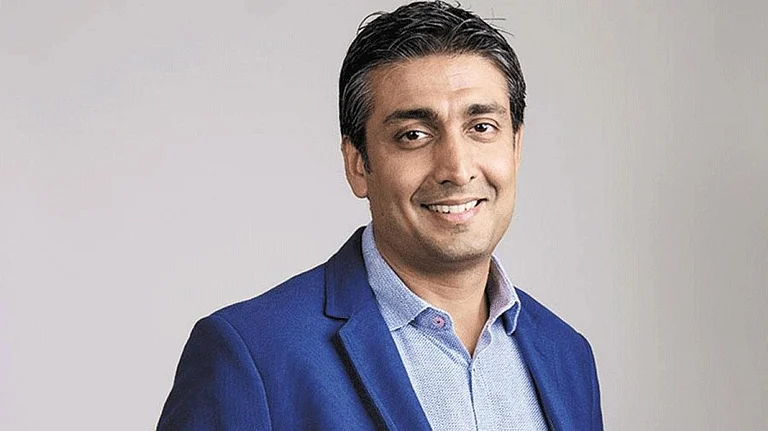There are very few people in this world who, like Steve Jobs, think a pair of Levi’s and a black turtleneck T-shirt is good enough to be worn day in, day out. Most of us are spoilt for choice and would like to have a variety at hand, even if it means wasting time thinking about what to wear on regular workdays. If asked what brand of shirt you are partial to — Louis Philippe, Van Heusen, Arrow or Zodiac — the answer will likely be, “Well, I just browse through different stores and buy what I like at that point.” This craving for variety — which essentially translates into very little brand loyalty — unfortunately, is a bad thing for companies. Not surprising, then, that many apparel brands struggle to make money, even if they are on top perception-wise.
On the contrary, if you are a strong brand in the innerwear segment, there is a good chance you will see better customer loyalty — people are still very finicky about fits and fabric when it comes to innerwear. And you can’t really fault the company or the management — it is just the nature of the business that creates these distinctions. That being the case, chasing scale in the apparel business comes with its own set of challenges. Addressing the whole market, across the spectrum and at different price points, may sound like a great opportunity, but achieving scale comes at the cost of margins.
These are some of the challenges that Arvind India will have to overcome as it harbours the ambition of becoming the biggest apparel brands company in the country. Our cover story A Brand New Spin has a detailed account of how the Lalbhais are aggressively pursuing a multi-brand strategy with more than two dozen brands, with a thrust on their own stores and e-tailing. We will have to wait and watch how much of the ensuing growth actually flows down to the bottomline.
Among other stories is an account of the tough time being faced by Bhushan Steel, whose promoter is embroiled in a cash-for-loan scam involving Syndicate Bank. With an exposure of ₹40,000 crore, lenders have no choice but to keep the account healthy, and that could mean a possible takeover is on the cards. That story is Too Hot To Handle.











